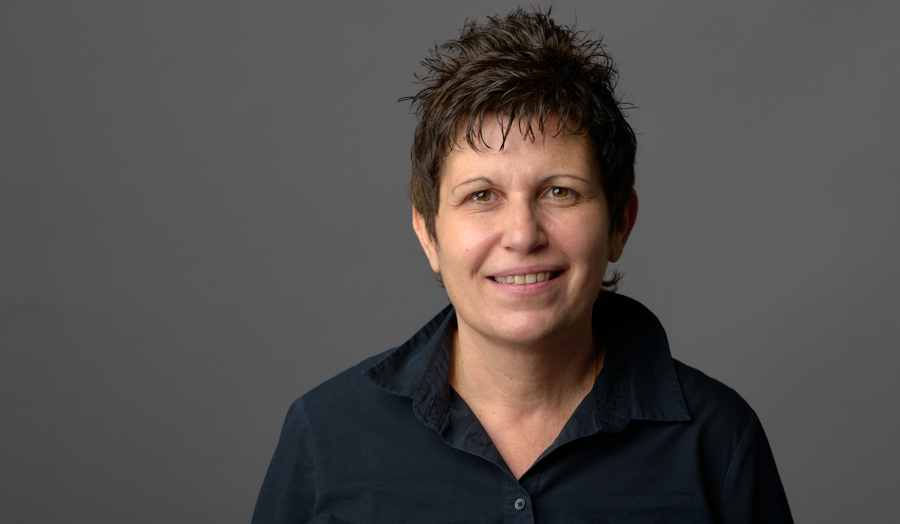Daughters of a lesser God: The impact of COVID-19 on female early career academics’ experiences of precarity with regard to working and life routines
Project overview
Despite increased research on gender inequality in the academy, few papers report on how it manifests within precarious work in Higher Education (HE), especially amidst the COVID-19 pandemic. This multiple case study will explore 34 academics’ experiences of precarity in three universities in London to unravel the challenges for these women using lengthy semi-structured interviews and opportunity and snowball sampling. It may unravel that it has intensified insecurities and discrimination – particularly for female academics – stemming from the neoliberal restructuring of the HE sector in Europe. The study will offer recommendations for Human Resources managers and Senior Leadership Teams in educational institutions.
More information
The literature on gender inequality in HE has been widely researched but recommendations to tackle it usually refer to the higher ranks (Keefe and Courtois, 2018). Moreover, few studies have examined the additional problems that precarious female “outsiders” encountered during the COVID-19 pandemic in the UK (Kınıkoğlu and Can, 2021). This study will argue that they were ostracized both formally and informally and exploited due to the ongoing neoliberalization of the HE sector. Research indicates that Higher Education institutions usually conceal (or cannot record) data on precarious female academics and that official reports often ignore or underrate the phenomenon of precarious work in HEI in the UK (UCU, 2016). Moreover, no reliable figures exist for the weakest workers i.e., hourly paid, zero-hour contracts etc.
The current article will address a ‘gap’ in the literature on the challenges female precarious workers in HEI in the UK have faced during the pandemic (Wright et al., 2021). As Advance HE (2019) reports that marginalisation and precarity have reigned in the academy amidst the COVID-19 pandemic, it seems crucial to explore female early academics’ experiences and potential challenges since researchers report that university managers have often used inappropriate interventions to respond to the crisis (Doka-Filipek and Stone, 2021). The current study aims to address the following research questions:
-
Which are the challenges that female precarious academics faced in HEI amidst the COVID-19 pandemic with regard to working routines?
-
Which are the challenges that female precarious academics faced in HEI amidst the COVID-19 pandemic with regard to life routines?
The researcher will use the theories of gendered organisations (Acker, 1990), neoliberalism (Chen, 2013), labour process theory (Braverman, 1974) and feminist theory (Morley, 2014) to carefully examine the stories of 34 early career academics involved in precarious work in public Higher Education institutions in London, who will depict the gender‐specific challenges they faced with regard to working and life routines amidst the COVID-19 pandemic. Previous research on this topic is either quantitative (Yildirim and Eslen‐Ziya, 2020) or based on secondary data (McLaren et al., 2020). Utilising qualitative research based on an exploratory multiple case study approach and interpretivist philosophy (Ponelis, 2015), the study will employ semi-structured, in-depth interviews. Using opportunity and snowball sampling processes, mainly due to lack of funding and access limitations (Mujere, 2016), thirty-four female academics will be interviewed after signing an informed consent form that will guarantee their anonymity. All interviews will be recorded via Microsoft Teams and data will be analysed using thematic analysis (Gavin, 2008).
Drawing upon feminist theory and recent studies of the gendered effects of the crisis, this study will present precarious female academics’ obstacles amidst the pandemic, i.e., their inability to fulfil their teaching, administrative and research responsibilities without childcare services.
Presentation at the Chartered Institute of Personnel Development Applied Research Conference 2023
Preparation of an article


